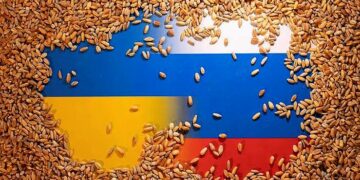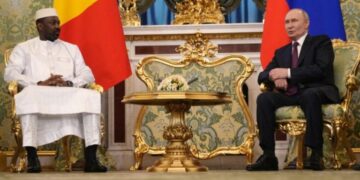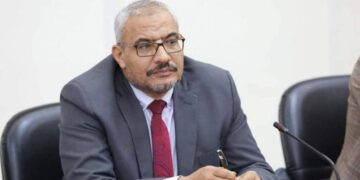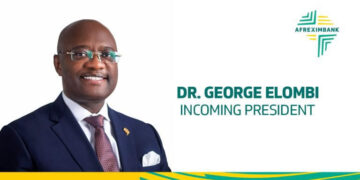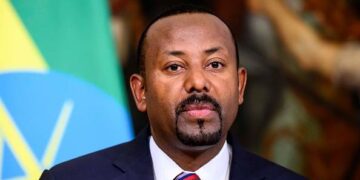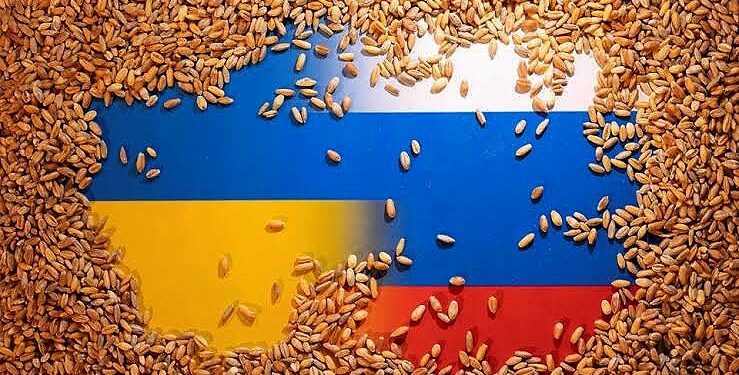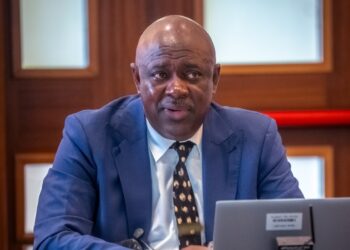By John Ikani
The presidents of South Africa and the Ivory Coast welcomed a landmark deal Friday that was brokered in Türkiye between Russia and Ukraine to allow Ukrainian grain exports to resume.
It is the first major agreement involving the Moscow and Kyiv governments since the conflict began in February – and aims to bring down the high price of grain, and restore supplies to countries currently suffering food shortages.
“The flow of grains from that sea is going to be helpful to Africa and I’m particularly pleased,” President Cyril Ramaphosa said in a joint news conference in the nation’s capital of Pretoria with his Ivorian counterpart, Alassane Ouattara, who is on a state visit.
Ramaphosa said he was particularly pleased to hear that UN chief Antonio Guterres was going to Turkey to sign the agreement.
“From the beginning of the conflict between Russia and Ukraine, we held a view and continue to hold the view that the conflict needs to be settled and resolved through negotiation,” he said.
Also welcoming the development, President Ouattara said he was pleased to see that Russian President Vladimir Putin had decided to sign the proposal, under the auspices of the UN and Turkey.
“I also indicated to [Ukraine’s] President Volodymyr Zelensky that I wanted the supply to be made a priority for the African continent, because of the fragility of its economies and the social situation in many countries,” he said.
In case you missed it
Ukraine is one of the world’s largest exporters of wheat, corn and sunflower oil, but Russia’s invasion of the country and naval blockade of its ports have halted shipments. Some grain is being transported through Europe by rail, road and river, but the prices of vital commodities like wheat and barley have soared during the nearly five-month war.
The deal makes provisions for the safe passage of ships. It foresees the establishment of a control center in Istanbul, to be be staffed by UN, Turkish, Russian and Ukrainian officials, to run and coordinate the process, Turkish officials have said. Ships would underdo inspections to ensure that are not carrying weapons.
UN’s Guterres first raised the critical need to get Ukraine’s agricultural production and Russia’s grain and fertilizer back into world markets in late April during meetings with Russian President Vladimir Putin in Moscow and Ukrainian President Volodymyr Zelenskyy in Kyiv.
He proposed a package deal in early June amid fears that the war was endangering food supplies for many developing nations and could worsen hunger for up to 181 million people.
Russian and Ukrainian officials have blamed each other for the blocked grain shipments. Moscow accused Ukraine of failing to remove sea mines at the ports to allow safe shipping and insisted on its right to check incoming ships for weapons. Ukraine has argued that Russia’s port blockade and launching of missiles from the Black Sea made any shipments unviable.
Ukraine has sought international guarantees that the Kremlin wouldn’t use the safe corridors to attack the Black Sea port of Odesa. Ukrainian authorities have also accused Russia of stealing grain from eastern Ukraine and deliberately shelling Ukrainian fields to set them on fire.
